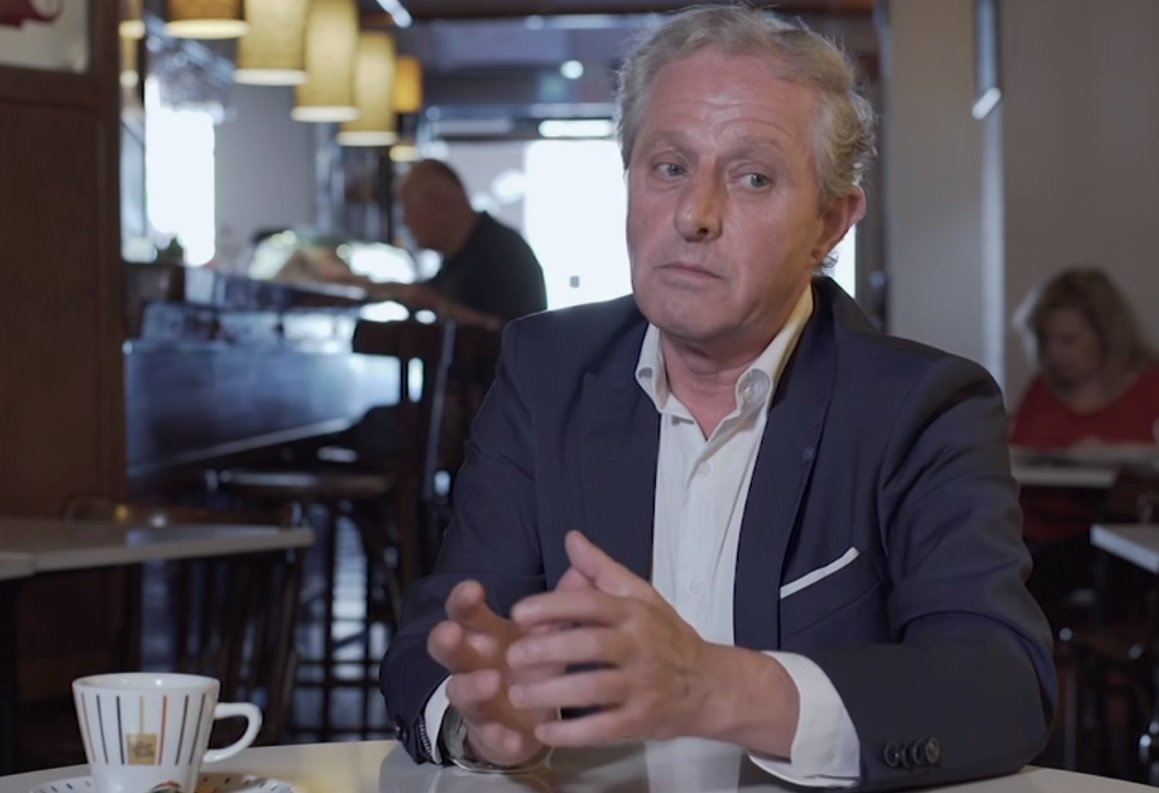The death on October 8th of Albert Solà, the man from the Catalan town of La Bisbal de l'Empordà who repeatedly - and unsuccessfully - demanded recognition as the son of Spain's former king Juan Carlos I, continues to be surrounded by strange circumstances. According to the first autopsy, the 66-year-old Catalan died of a myocardial infarction suffered just as he entered the bar where he worked in his small town, but his family is not satisfied and is considering a request for a second autopsy, according to Spain's Telecinco network. In fact, it was this television channel which was to broadcast a new interview with Solà, not the first time he has told his story arguing that he was the illegitimate son of Juan Carlos I, born before the king emeritus married queen Sofia, and therefore older than their legitimate children, Elena, Cristina and Felipe VI. This makes him Juan Carlos's firstborn and, therefore, his heir, although being born out of wedlock, he would not enter the line of succession, in contrast to what has happened, for example, in Monaco, where king Albert recognized his illegitimate children.
New doubts over the matter have been raised by the fact that the establishment's security cameras did not record the moment when Solà allegedly suffered this heart attack, as they had been adjusted by one of the bar's waiting staff and the moment was not recorded. This occurrence raises further doubts about Solà's death, since his neighbours are skeptical about him dying of a heart attack at the age of 66, since he had no health problems, and also given that just days after his death on October 8th the interview with him was to broadcast in prime-time on one of the most watched network in Spain, bringing his story closer to millions of people.
Solà's circle of friends, outraged
The programme which had interviewed Solà, Quién es mi padre - "Who is my father?" - has had access to the security camera videos, in which a woman can be seen changing the camera angle, half an hour before Solà died. A few minutes later, after the tragedy that affected the small town had happened, the same person readjusted the camera to its original shot. The woman explained to Telecinco that she was in the habit of changing the camera when in arguments with her husband, who was the owner of the establishment. The explanation did not convince some who were already incredulous. With all of these odd circumstances, as confirmed by the programme presenter, Carlota Corredera, those who were close to Albert Solà consider it appropriate for him to be submitted to a second autopsy.
Solà's story became popular throughout Spain when, in 2015, a year after the abdication of the emeritus, the Catalan decided to file a lawsuit to be recognized as the firstborn of Juan Carlos I, who was still living in Spain at that time, although his problems with justice were beginning to come into the open in the wake of the exposure of his long affair with Corinna Larsen. The Spanish Supreme Court ignored his legal demands on the grounds that he did not provide proof and asserted that his account was neither consistent nor credible. The physical resemblance between Solà and the man he said was his father is obvious, and he decided to tell his story in different interviews on television shows and also wrote a book, but the justice system neither believed him nor admitted his appeals.
The DNA test, key
In the interview with Telecinco, which the network did broadcast posthumously, the protagonist explained that it was an agent from Spanish intelligence who suggested that he take a DNA test to prove that the king was his biological father. This person took a DNA sample from the then-monarch, which he collected from one of the glasses used by the monarch at the Ibero-American summit held in Chile in 2007 - a conference famous for the-then king's impatient utterance "Por qué no te callas?" - "Why don't you shut up?" - to a Hugo Chávez who insisted on interrupting the Spanish PM, José Luis Rodríguez Zapatero. As confirmed by the owner of the Lleida laboratory that carried out the DNA test, the result confirmed that there was a paternity relationship. But despite that, the matter went no further, and Albert Solà died without being recognized as the son of his biological father.

